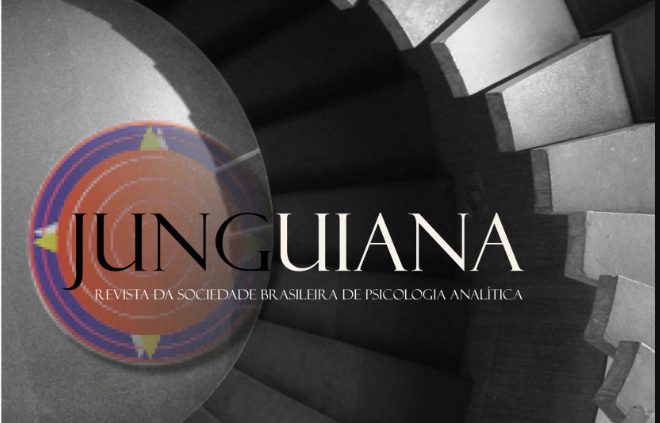The official journal of Sociedade Brasileira de Psicologia Analítica -SBPA Junguiana has been quietly building bridges in the Jungian world since 1983, evolving from print to a trilingual digital platform that offers something rare in academic publishing: completely free access to high-quality scholarship. This gem of a journal not only showcases the rich analytical psychology tradition emerging from Brazil but makes Portuguese voices accessible to the global Jungian community through English and Spanish translations, creating a truly democratic space for cross-cultural dialogue in our field.
The latest issue presents six articles that collectively address some of the most pressing contemporary concerns within Jungian analytical psychology, with particular emphasis on issues of race, gender, sexuality, and cultural identity.
Pitágoras Baskara Justino contributes two significant pieces to this issue. His first article, Whiteness and Countertransference: Implications of a Cultural Complex in the Psychotherapeutic Environment, examines how structural racism manifests unconsciously within clinical practice through interviews with both white and Black analysts treating patients of different races. Justino explores how whiteness functions as a cultural complex that interferes with transference and countertransference dynamics, calling for greater awareness among analysts and training institutes. His second contribution, Sex (between gay men): on pleasure, fetishes, the numinous, and individuation, approaches male homosexual sexuality through Jungian and archetypal psychology perspectives, examining sexual experiences as archetypal expressions connected to imagination, shadow work, and individuation processes.
Luna Pereira Gimenez explores Jungian feminisms and the postmodern female trickster, presenting the trickster archetype as it manifests specifically in women’s experiences. Gimenez argues that the postmodern female trickster emerges as a force for cultural transformation, characterized by authority in creating imagery, use of humor, and refusal to adopt victim roles. Her work emphasizes the importance of women creating their own narratives and imaginaries as tools for social change within postmodern feminist contexts.
Fernanda Gonçalves Moreira’s Resilience and diversity in individuation draws inspiration from Brazilian Cerrado vegetation to explore individuation under challenging conditions. Through three clinical cases of women wrestling with motherhood decisions, Moreira examines how individuals develop resilience against social expectations and pre-established models. Her work celebrates the uniqueness of each trajectory while acknowledging the impact of adverse experiences on identity formation without romanticizing hardship.
Raul Alves Barreto Lima and Liliana Liviano Wahba collaborate on A contaminação da paranoia: adoecimentos coletivos e a literatura distópica (The contamination of paranoia: collective illnesses and dystopian literature), analyzing paranoia as both individual psychological disorder and collective social phenomenon. Their work connects Jungian theory with mass culture and dystopian imagination, examining how technological dependence and information overload contribute to paranoid thinking patterns characterized by single meanings that reject multiplicity.
Simone Rodrigues Neves concludes the issue with Echoes of memory and narrative reimagining: jungian clinical practice facing racial trauma, which examines racism through the lens of cultural complexes and their impact on individual and collective psyches. Using clinical case material, Neves demonstrates how silenced narratives emerge from the unconscious and affect racialized individuals’ identities. Her work emphasizes the analytic setting as a space for symbolically working through archetypal pain and fostering new subjective experiences through acknowledgment of phantom memories.
This volume reflects a mature engagement with contemporary social issues within Brazilian Jungian circles, demonstrating how classical analytical psychology concepts can illuminate current challenges around identity, oppression, and cultural transformation while maintaining clinical relevance and theoretical rigor. You can access the full journal in all it’s translations, here.

